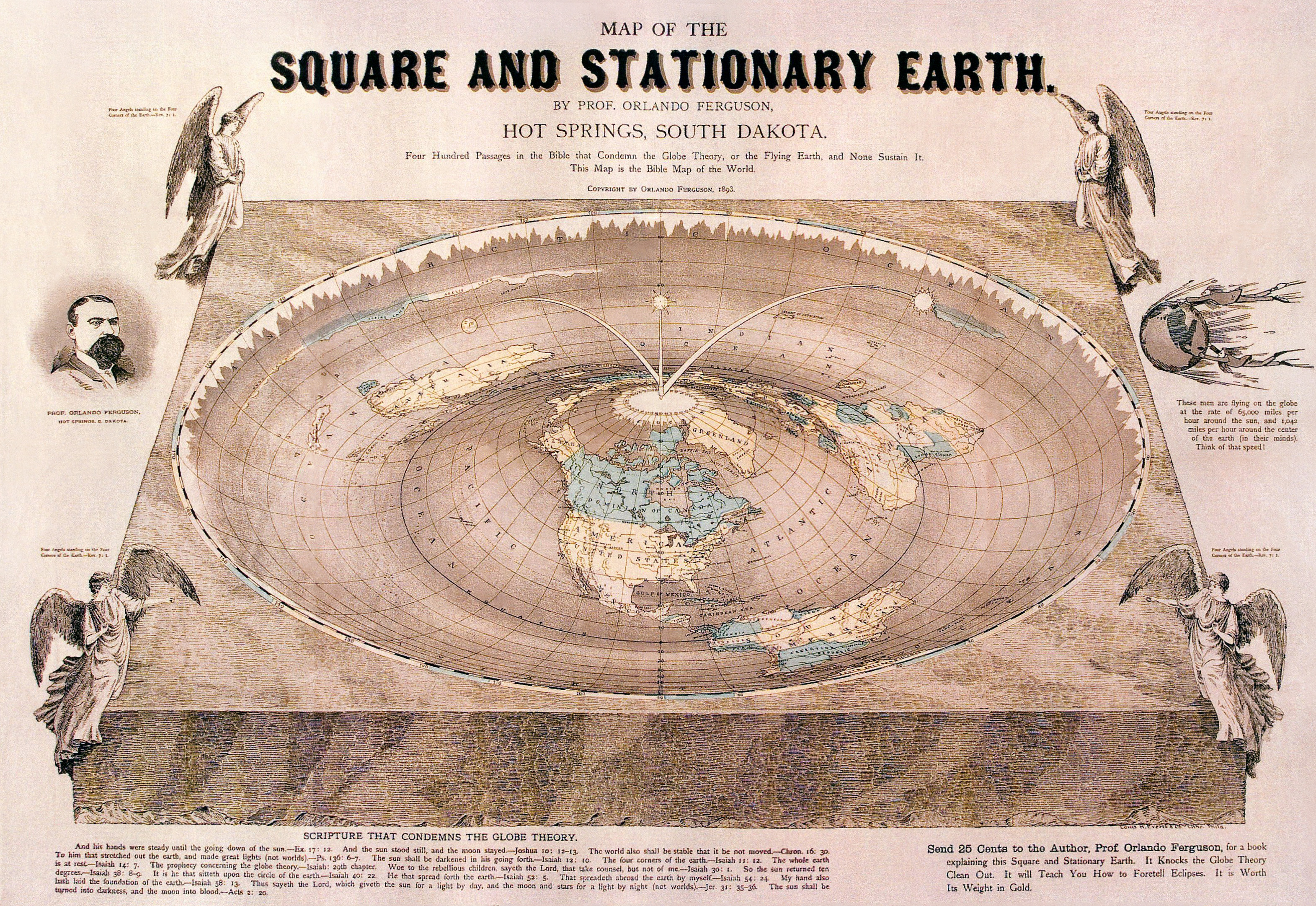Wherever you work in ESL, quite properly, you have to promise not to teach your religion. But then, wherever you work, you turn out to be required to teach someone else’s religion. And not that of the students. You must evangelize for environmentalism, if not feminism and so forth.
A case in point, a current lesson for my Chinese students includes the questions:
“What can harm Earth?”
and
“What are you going to do to protect Earth?”
The first question essentially treats “Earth” (sometimes it is called “the environment”) as a god. We do not ask “What can harm your house” or “What can harm a rock?” The word “harm” implies the Earth has personhood. We should say, “What can damage Earth?” But even this seems odd. Just what is supposed to be the Earth’s condition, and who decides? When we cut a rock into diamonds, say, do we say the rock was damaged?
It would make sense to speak of the wise or equitable use of limited resources—for the sake of our fellow man, now and in the future. We might or might not agree on the value of having the greatest possible diversity of species around us. But that is not what we are obliged to say. “The Earth” seems to be raised here to an importance above and apart from human beings, or other creatures.
And then the demand that the student and the teacher must not just agree with this, but claim to be doing something as a result. We must be making sacrifices to this god.
Aside from the violation of freedom of conscience and of religion, this stuff betrays a colonialist attitude. In the wealthy West, we have the leisure to trouble ourselves about things. And we can scold poorer countries like China for their greater pollution, and feel superior. This is inhumane. For many, the choice is to burn dirty coal, or freeze. To have a dirty factory in town, or have no job, and starve.














No comments:
Post a Comment